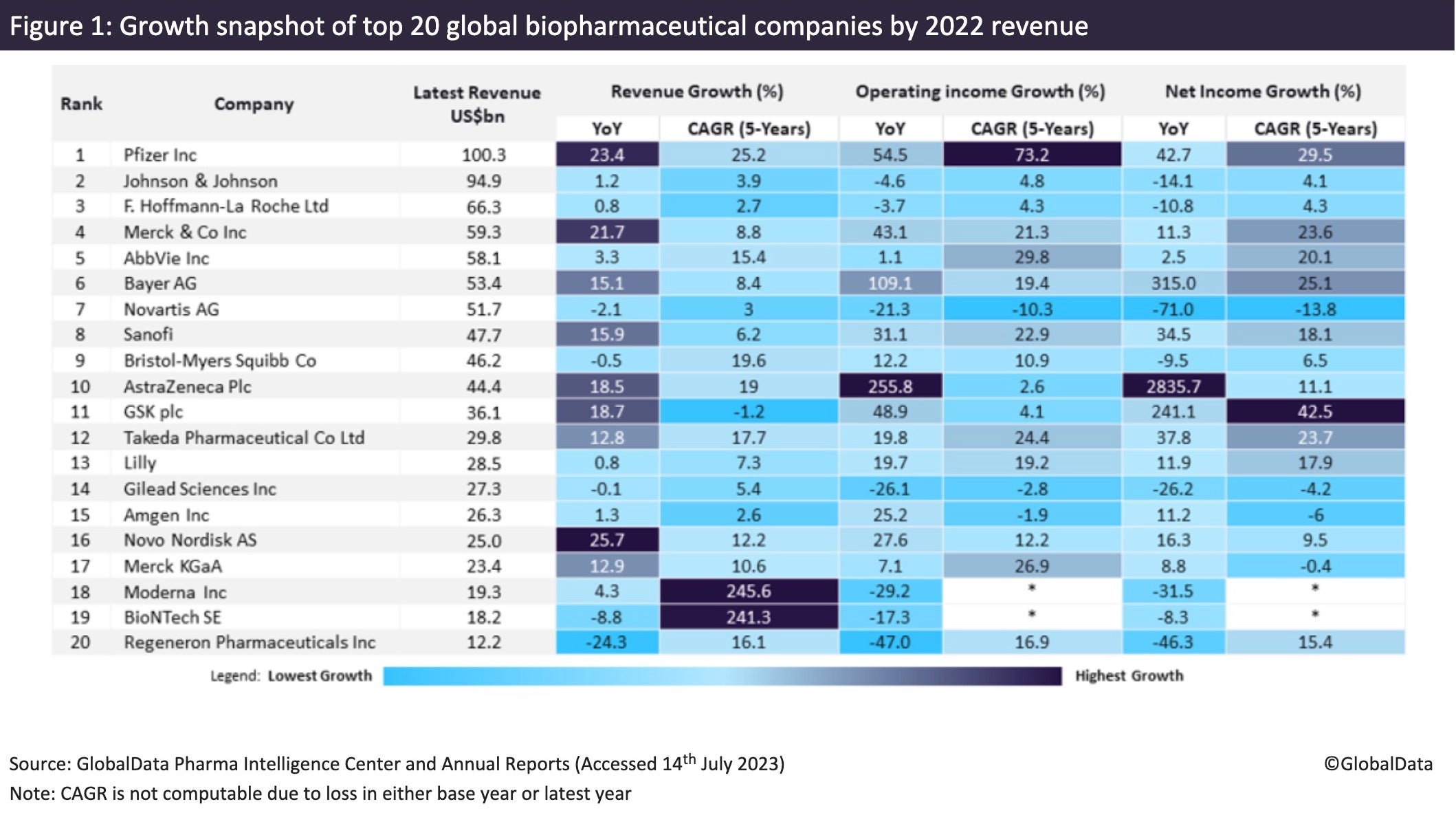
The robust growth in investment licenses is attributed to several factors, including regulatory reforms, economic incentives, and strategic partnerships. The Kingdom's focus on creating a more business-friendly environment has attracted foreign investors, leading to a substantial uptick in new projects and business ventures.
Analysts highlight that the manufacturing, technology, and renewable energy sectors have seen the most significant growth. These industries align with Saudi Arabia's long-term goals of fostering innovation, creating jobs, and achieving sustainable development. The government's proactive approach in streamlining business processes and reducing bureaucratic hurdles has been a key driver in this positive trend.
The increase in investment licenses also mirrors the global interest in Saudi Arabia's ambitious infrastructure projects. Notable among these is the NEOM city project, a $500 billion mega-city that aims to be a hub for innovation and technology. This project alone has attracted considerable foreign direct investment, further boosting the overall economic outlook.
Economic diversification remains a cornerstone of Saudi Arabia's Vision 2030, and the latest data on investment licenses indicates progress towards this objective. By reducing reliance on oil revenues and expanding into new sectors, the Kingdom is positioning itself as a competitive player in the global market. The rise in investment licenses is a testament to the success of these efforts and the growing trust of international investors in Saudi Arabia's economic future.
Experts also note the impact of regional stability and strategic geopolitical positioning. Saudi Arabia's efforts to strengthen economic ties with neighboring countries and establish itself as a gateway to the Middle East and North Africa (MENA) region have paid off. Enhanced trade relations and investment agreements have contributed to the increased flow of capital into the country.
The growth in investment licenses is expected to have a ripple effect on the broader economy, leading to job creation and increased economic activity. The influx of new businesses and ventures will likely stimulate local industries and provide more opportunities for the domestic workforce. This aligns with the government's goal of reducing unemployment and promoting inclusive economic growth.
While the outlook remains positive, challenges persist. Experts caution that sustaining this momentum will require continuous efforts in policy reform and infrastructure development. The Kingdom must address potential barriers to investment, such as regulatory inconsistencies and market entry challenges, to maintain its attractiveness to foreign investors.
Saudi Arabia's impressive rise in investment licenses during Q2 2024 signifies a growing confidence in the Kingdom's economic reforms and Vision 2030 objectives. The surge highlights the success of regulatory improvements and strategic initiatives in attracting foreign investment and diversifying the economy. As the Kingdom continues to implement its ambitious plans, the positive trend in investment is likely to persist, fostering long-term economic growth and development.
Topics
Saudi Arabia
